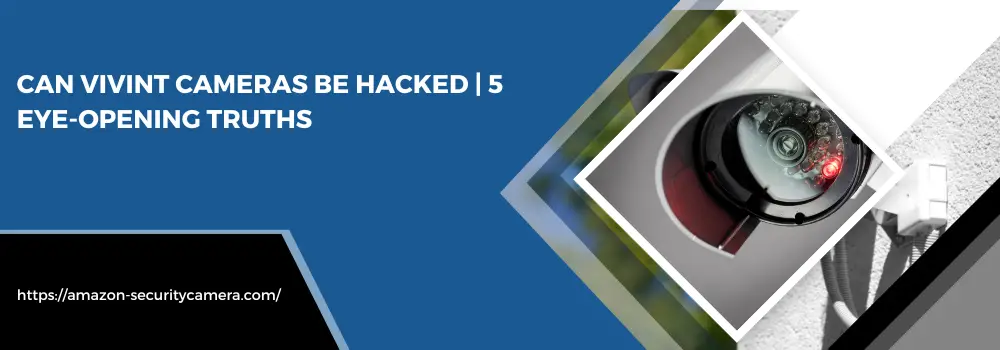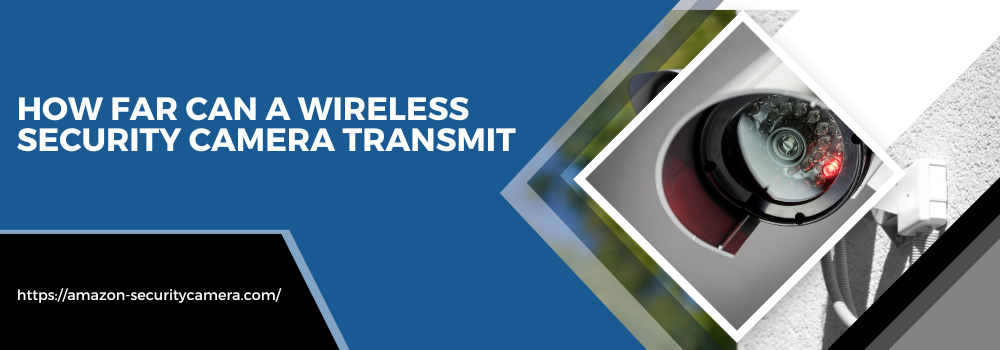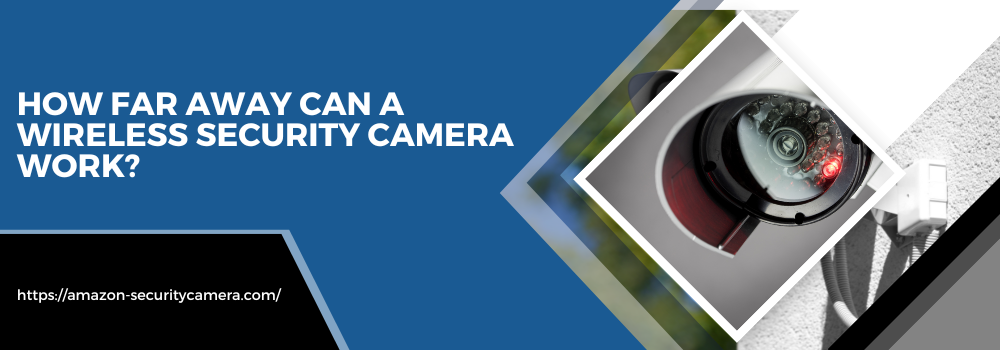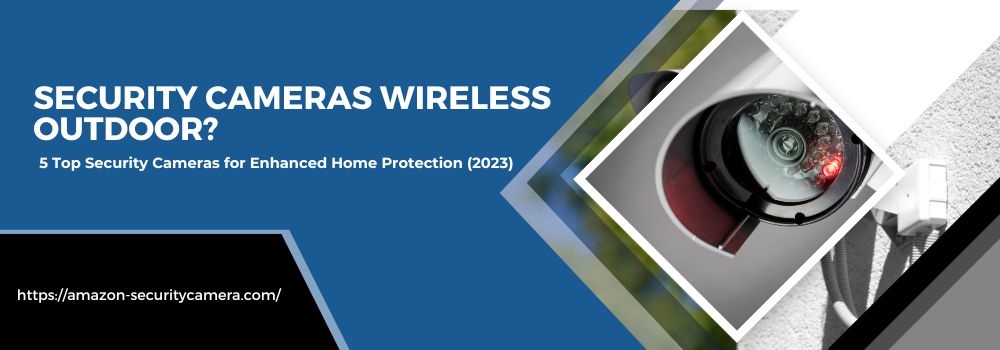Can Vivint Cameras Be Hacked? Are your Vivint cameras truly safeguarding your home or office, or are they providing a gateway for hackers to penetrate your privacy? In this digital age, security extends beyond physical spaces, directly into our digital devices and systems. The question that often arises is, can these digital safety measures, like Vivint cameras, be hacked?
The simple answer to this question is yes, like any other digital device, Vivint cameras can be hacked. Regardless of the many security measures in place such as advanced encryption methods and sophisticated firewalls, no system is completely immune to hacking. It’s crucial to note, however, that the likelihood of a security breach is relatively low, especially for systems that consistently update and employ robust security protocols.
Having said that, it’s essential not to take this information lightly. The importance of understanding and maintaining the security of your devices cannot be understated. Are you ready to take control of your digital safety? Stay with us as we delve into the specifics of how these cameras can be hacked, the potential implications, and, most importantly, the steps you can take to ensure the safety and security of your Vivint cameras.
Read the article to learn about Can Vivint camera be used without service? 5 Secret Key Reasons
Table of Contents
Potential Weaknesses in Vivint Cameras
As we mentioned earlier, any digital device can be hacked, and Vivint cameras are no exception.
Default Passwords
One of the most common ways hackers gain access to a device is through weak or default passwords. When you first set up your Vivint cameras, it comes with a default password that can be easily found online by anyone with malicious intent. It’s crucial to change this password immediately and choose a strong, unique one.
Unpatched Software Vulnerabilities
Just like any other software, Vivint cameras have vulnerabilities that hackers can exploit. These vulnerabilities are often identified and fixed by the company, but it’s up to the user to update their system regularly. Failure to do so can leave your cameras vulnerable to hacking.
Weak Wireless Security
Vivint cameras rely on a wireless connection to transmit data, and if this connection is not secure, it can be easily intercepted by hackers. It’s crucial to ensure that your wireless network is properly secured with strong passwords and encryption methods.
The Consequences of Hacking
The potential consequences of having your Vivint cameras hacked can range from mildly inconvenient to severe security breaches.
Invasions of Privacy
Having someone else access your cameras means they can see and hear everything that happens in your home or office, effectively invading your privacy. This can lead to feelings of violation and discomfort, especially if the hacker decides to share this information publicly.
Personal Information at Risk
If you have connected your Vivint cameras to a smart home system, the hacker can gain access to other personal information stored in that system. This includes sensitive data such as credit card numbers and home addresses, putting you at risk for identity theft.
Possible Surveillance and Stalking
In extreme cases, hackers may use your Vivint cameras to monitor your movements and daily activities, leading to stalking or even physical harm.
The Risk Factors – How Likely Are Vivint Cameras to be Hacked?
While it’s essential to understand the potential consequences of a security breach, it’s also crucial to note that the risk factors for Vivint cameras being hacked are relatively low. This is because Vivint employs robust security measures and regularly updates its systems to patch any vulnerabilities.
An Overview of Digital Device Hacking Statistics
According to a study by the University of Maryland, hackers attack every 39 seconds on average. This means that any device connected to the internet is at risk, and Vivint cameras are no exception.
The Importance of User Responsibility
As mentioned earlier, often the reason for a security breach in Vivint cameras is due to user negligence.
Specifics on Security Cameras Breaches
By taking simple steps such as:
- Changing default passwords immediately.
- Updating your system regularly.
- Securing your wireless network.
You can significantly decrease the likelihood of a security breach, making the risk factor even lower. It’s crucial to understand that while Vivint cameras have vulnerabilities, proper user responsibility and diligence can greatly mitigate any risks.
Regular Software Updates and Vivint Cameras
As mentioned earlier, one of the potential weaknesses in Vivint cameras is unpatched software vulnerabilities. To combat this, Vivint regularly releases software updates for its cameras to fix any identified vulnerabilities. It’s crucial to keep your system updated by regularly checking for updates and installing them promptly.
The Role of Patches in Security
Patches are updates that address specific vulnerabilities in software. They work by closing any loopholes and strengthening the security of the system, making it less susceptible to hacking.
Scheduling Regular Updates
To ensure that your Vivint cameras are always up-to-date with the latest security patches, consider scheduling regular updates either weekly or monthly. This way, you can have peace of mind knowing that your system is well-protected against potential hacking attempts.
Strong Password Practices for Vivint Cameras
Default or weak passwords are a significant vulnerability in Vivint cameras. By choosing strong passwords and updating them regularly, you can significantly decrease the risk of hacking.
How to Create a Strong Password
Creating a strong password for your Vivint cameras doesn’t have to be complicated. Here are some tips to help you come up with a strong, unique password:
- Avoid using easily guessable information such as birthdays or names.
- A combination of letters (both upper and lower case), numbers, and special characters.
- Think of a phrase and use the first letter of each word as your password.
- Substitute letters with numbers or special characters (e.g., ‘$’ instead of ‘S’).
- Use a password manager to generate and store strong passwords for you.
Secure your Wireless Network for Vivint Cameras
As we mentioned earlier, weak wireless security is another potential weakness in Vivint cameras. Here are some tips on how to secure your wireless network:
The Importance of Network Security
Securing your wireless network is crucial because it’s the pathway through which data is transmitted to and from your Vivint cameras. By securing this connection, you can significantly decrease the chances of hackers intercepting or accessing your data.
Steps to Secure Your Network
Following are the steps to secure your network,
- Change your wireless network’s default name (SSID) to something unique.
- Use WPA2 encryption for your network instead of the outdated WEP.
- Set a strong password for your wireless network, and change it regularly.
- Enable MAC address filtering to restrict access to only known devices.
Conclusion (Can Vivint Cameras Be Hacked)
In conclusion, while it’s theoretically possible for Vivint cameras to be hacked, the likelihood is significantly reduced by the robust security measures employed by Vivint. This includes regular software updates that address specific vulnerabilities, ensuring the system’s security. However, it’s important to note that much of the security also relies heavily on user responsibility.
User negligence, such as not changing default passwords or not securing wireless networks, can increase the risk of a security breach. Therefore, users must adopt strong password practices, schedule regular software updates, and secure wireless networks. By following these steps, the risk of Vivint cameras being hacked becomes considerably lower, thereby enhancing the overall security of your home or office.
FAQ
Q#1 Can Vivint cameras be hacked?
Yes, theoretically, but the likelihood is significantly low due to robust security measures.
Q#2 What increases the risk of Vivint cameras being hacked?
User negligence such as not changing default passwords or securing wireless networks.
Q#3 How can I mitigate the risk of Vivint cameras being hacked?
Adopt strong password practices, schedule regular software updates, and secure wireless networks.
Q#4 What role do software updates play in the security of Vivint cameras?
They address specific vulnerabilities, ensuring the system’s security against potential hacking attempts.
Q#5 What are some tips for creating a strong password for my Vivint cameras?
Avoid guessable information, combine different characters, and use a password manager.



